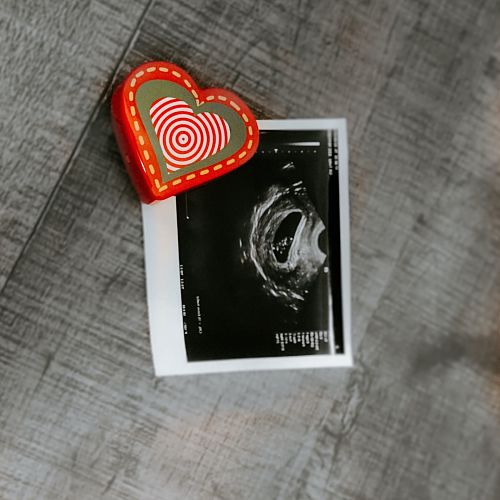A question we are often asked at Zoom Baby concerns the amount of time needed to become pregnant. If you were to do a Google quick search on this subject you may come up with a variety of different answer to this question. In truth though, it is difficult to helpfully offer an “average” time to get pregnant as it all depends upon a variety of factors such as the age, health, reproductive condition and the frequency of sex.
As a very general average, couples tend to conceive within a year; however, this time frame may vary greatly. Many couples will fall pregnant within three months after they begin trying. For those that are older, have habits that do not help fertility (eg: smoking) or have a fertility impairment, this timeline may be longer. Hence, we bring to you a list of factors that you need to consider and the events in which a fertility test might be required.
The answer it not definite and the time required to get pregnant varies greatly, depending on the couples. A study conducted in 2002 by the Human Reproduction Journal surveyed 346 women who were trying to get pregnant. The survey period lasted for one year. Out of 346 women, 38% were pregnant in a month, 68% of them in three months, 81% in six months and 92% within a year, cumulatively. However, the remaining 8% did not conceive in the span of one year. Sometimes, it takes nearly 2-3 years for a woman to become pregnant.
Another research paper gave us these statistics. Of all couples trying to have a baby:
- 30% will get pregnant in about a month (during the first cycle)
- 60% will get pregnant in about three months (within 3 cycles)
- 80% will get pregnant in about six months (within 6 cycles)
- 85% will get pregnant in about a year (within 12 cycles)
- 91% will get pregnant in about a three years (within 36 cycles)
- 93% to 95% get pregnant n about a four years (within 48 cycles)
If you are trying for a year without anything happening, it’s advisable to find help from a fertility specialist. You may still become pregnant on your own if you continue trying, but it’s wise to discover early if either of you have an underlying problem with fertility so that you don’t waste precious time.
For those that are over 35 years, it is worth checking your fertility even earlier. An appointment with a specialist is a wise move if you aren’t pregnant within six months.
What Are the Factors Influencing Conception?
There are a wide range of factors that will affect fertility. The detrimental factor is age and the chances of getting pregnant start to reduce after the age of 30. In the case of men, the chances remain the same until they turn 50.
Other factors also influence pregnancy, such as smoking, drinking and consuming lots of caffeine and soft drinks. If the individuals are unhealthy or unfit, the chances of conception drop as well. Women who have just come off of the contraceptive pill can also find it harder to conceive. It normally requires a full cycle (generally a month) for your body to get back to normal and conception-readiness after you stop taking the pill.
In addition, medical conditions such as polycystic ovary syndrome (PCOS), endometriosis, and sexually transmitted infections (STIs) can affect fertility. These conditions can cause damage to the reproductive system, making it harder for conception to occur. It’s important to seek medical treatment if you suspect you may have any of these conditions, as early intervention can increase the chances of successful conception.
Environmental factors can also play a role. Exposure to toxins such as pesticides and pollution can affect fertility in both men and women. Living a healthy lifestyle, with a balanced diet and regular exercise, can improve your chances of conceiving. Stress can also have an impact, so it’s important to take steps to manage stress levels.
Overall, there are many factors that can influence conception. It’s important to be aware of them and take steps to address any potential issues. Maintaining a healthy lifestyle, seeking medical treatment for any underlying conditions, and reducing exposure to toxins and stress can all help to increase the chances of successful conception.
Timing is crucial when trying to conceive. Many couples aren’t aware that there’s only a brief window each month when pregnancy is possible. This ‘fertile window’ typically lasts about 6 days, ending on the day of ovulation. To maximise your chances, try having sex every other day during this time. Ovulation prediction kits can help pinpoint your most fertile days, but don’t rely solely on these. Pay attention to your body’s natural signs of fertility, like changes in cervical mucus. Remember, sperm can survive for up to 5 days in the female reproductive tract, so having sex before ovulation can actually increase your odds of conception.
Photo by Viviana Rishe on Unsplash
Zoom Baby is a leading supplier of Pregnancy Tests and Ovulation Test Kits





